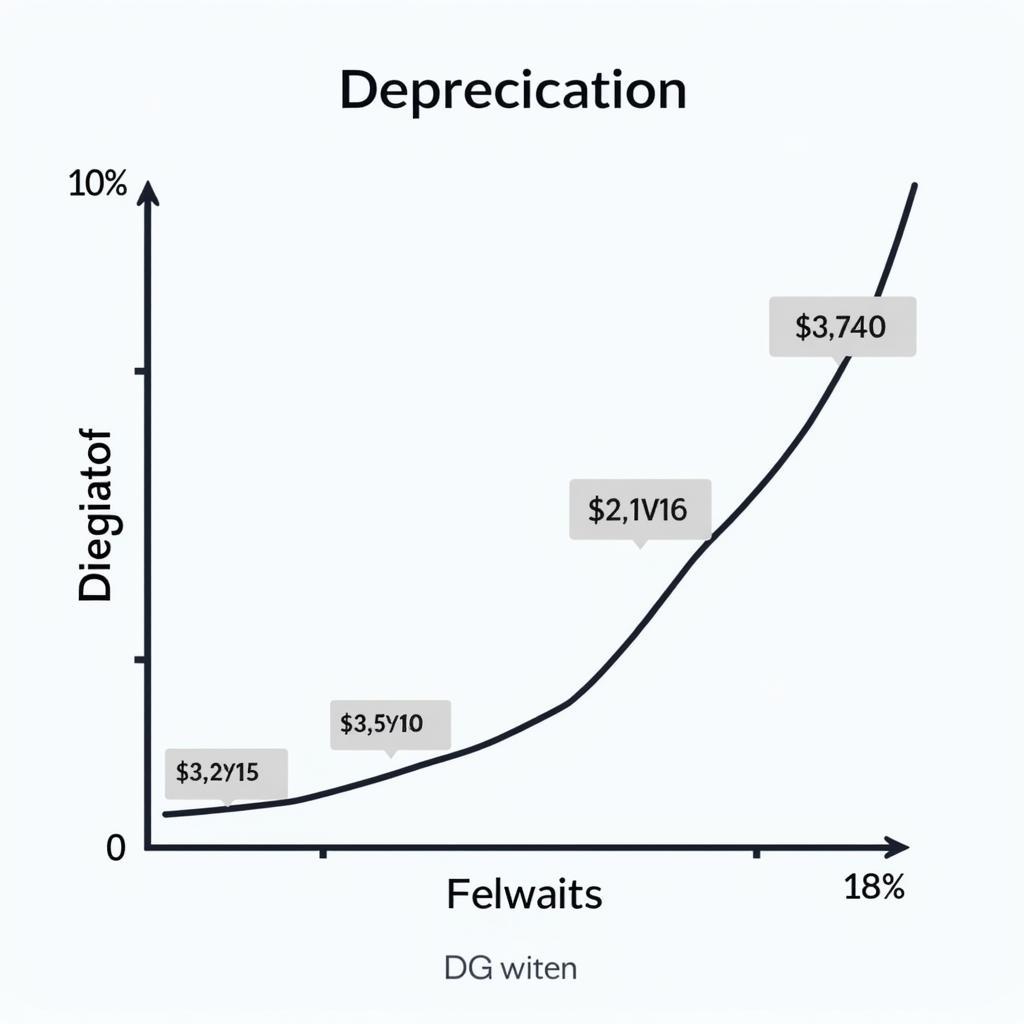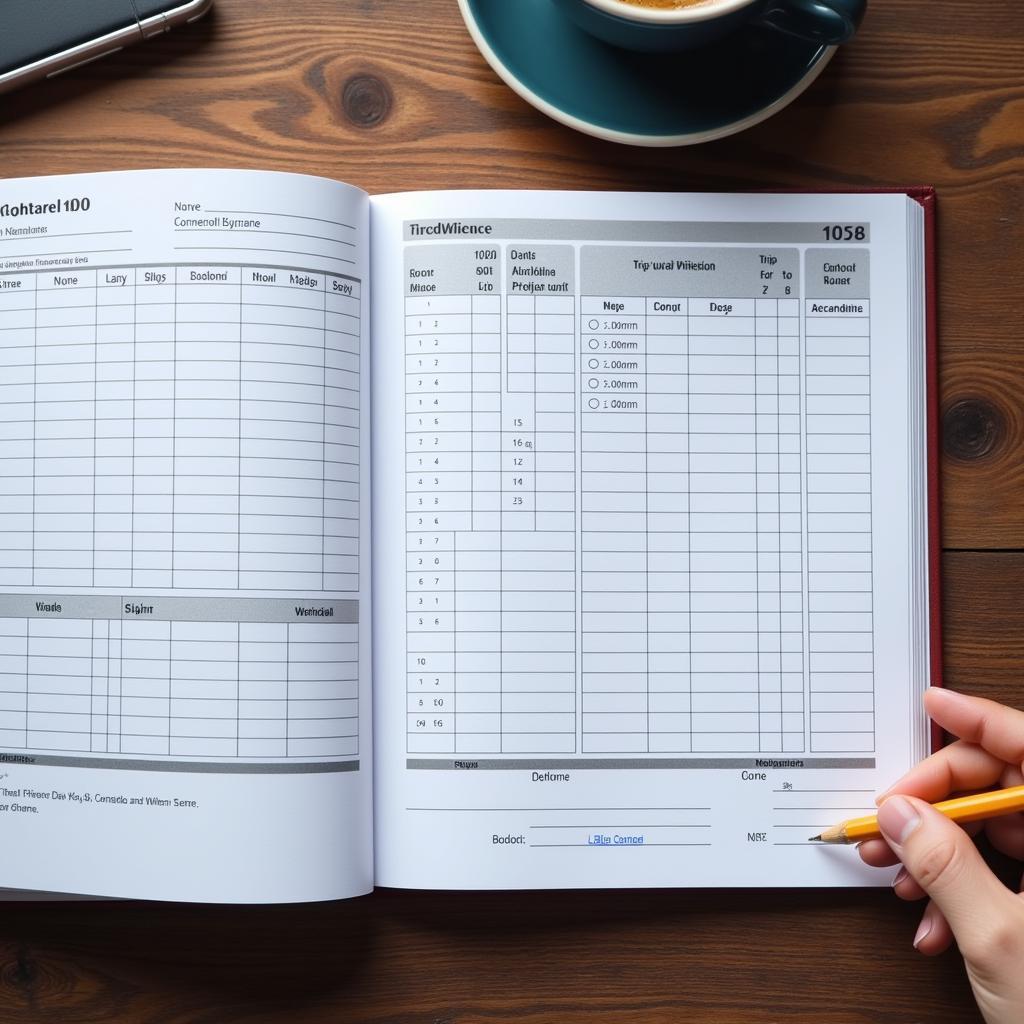A car is a major purchase for many people, but it’s often unclear how it’s categorized in accounting terms. Many wonder, “Is a car a fixed asset?” The answer, as you might expect, isn’t always straightforward. To understand how to treat a car in your financial statements, we need to dive into the definition of a fixed asset and explore the nuances of car ownership.
What is a Fixed Asset?
A fixed asset is a long-term tangible asset that is used in a company’s operations to generate revenue and is not expected to be sold within a year. Fixed assets are typically characterized by their:
- Tangibility: They are physical objects that can be touched, such as buildings, machinery, and vehicles.
- Durability: They have a lifespan of more than a year, unlike inventory or supplies.
- Use in business operations: They are employed in the company’s operations to generate revenue.
Is a Car a Fixed Asset for Individuals?
For individuals, a car is generally not considered a fixed asset in the traditional accounting sense. This is because personal assets are not typically subject to the same accounting rules as business assets. Instead, cars are often classified as personal property, and their value may be reflected in a personal balance sheet for financial planning purposes.
However, the treatment can differ for individuals who use their cars for business purposes. If the car is used primarily for business, it may qualify as a business asset and be subject to depreciation.
Is a Car a Fixed Asset for Businesses?
For businesses, the treatment of a car as a fixed asset depends on its primary use.
- Business use: If the car is primarily used for business purposes (such as transportation of employees, sales representatives, or delivery of goods), it’s likely to be classified as a fixed asset.
- Personal use: If the car is used primarily for personal reasons, it’s generally not considered a fixed asset.
- Mixed use: If the car is used for both business and personal purposes, the business portion of its use may be considered a fixed asset.
Accounting Treatment of a Car as a Fixed Asset
When a car is classified as a fixed asset, it must be accounted for in the following ways:
- Initial recording: The car is recorded on the balance sheet at its original cost. This includes the purchase price, any transportation costs, and any initial improvements.
- Depreciation: Fixed assets are depreciated over their useful life. Depreciation is a non-cash expense that reflects the gradual decline in the value of the asset. Several methods can be used to calculate depreciation, such as the straight-line method or the declining balance method.
- Disposal: When a car is sold or disposed of, the proceeds from the sale are compared to its book value (original cost less accumulated depreciation). The difference between the two is recognized as a gain or loss on disposal.
 Car depreciation chart
Car depreciation chart
Example
Let’s say a company purchases a car for $25,000. The company estimates the car’s useful life to be 5 years and its salvage value (the expected value at the end of its useful life) to be $5,000.
Straight-line Depreciation:
- Depreciable cost = $25,000 (cost) – $5,000 (salvage value) = $20,000
- Annual depreciation expense = $20,000 / 5 years = $4,000
Depreciation Table:
| Year | Beginning Book Value | Depreciation Expense | Ending Book Value |
|---|---|---|---|
| 1 | $25,000 | $4,000 | $21,000 |
| 2 | $21,000 | $4,000 | $17,000 |
| 3 | $17,000 | $4,000 | $13,000 |
| 4 | $13,000 | $4,000 | $9,000 |
| 5 | $9,000 | $4,000 | $5,000 |
Determining the Purpose of Use
The key to determining whether a car is a fixed asset lies in its primary purpose of use.
- Business Use: If the primary use is for business purposes, the car is likely a fixed asset.
- Personal Use: If the primary use is for personal reasons, the car is generally not a fixed asset.
Accounting for Mixed Use
If a car is used for both business and personal purposes, you’ll need to separate the use into business and personal components. This can be done through various methods, such as:
- Logbook method: Maintaining a logbook of all business and personal trips.
- Percentage of use: Estimating the percentage of time the car is used for business and personal purposes.
 Car logbook for tracking business use
Car logbook for tracking business use
Expert Insight
“The purpose of use is paramount in determining whether a car is a fixed asset. It’s important to accurately track and document the use of the car to avoid any potential accounting errors.” – John Smith**, Certified Public Accountant
Conclusion
Whether a car is considered a fixed asset depends on its primary purpose of use. While individuals often treat their cars as personal property, businesses may consider them fixed assets if they’re used primarily for business purposes. Understanding the accounting treatment of a car is important for businesses to accurately reflect their financial position and performance.
Need help determining whether your car is a fixed asset or need assistance with your accounting needs? Contact Autotippro today!
- Phone: +1 (641) 206-8880
- Office: 500 N St Mary’s St, San Antonio, TX 78205, United States
FAQ
-
How do I track my car’s use for business purposes?
- You can use a logbook to track the dates, times, and mileage of all business trips.
-
What are some methods of depreciation for a car?
- The straight-line method, the declining balance method, and the sum-of-the-years’ digits method are some common depreciation methods.
-
Can I deduct the cost of my car on my taxes?
- If you use your car for business purposes, you may be able to deduct some of the expenses associated with the car, such as gas, maintenance, and depreciation.
-
What happens if I sell my car before it’s fully depreciated?
- You’ll need to calculate the gain or loss on the sale based on the difference between the sale price and the car’s book value.
-
How do I know if my car is eligible for depreciation?
- The IRS provides guidelines on which vehicles qualify for depreciation. The car must be used in a trade or business, have a useful life of more than one year, and be depreciable property.





Leave a Reply